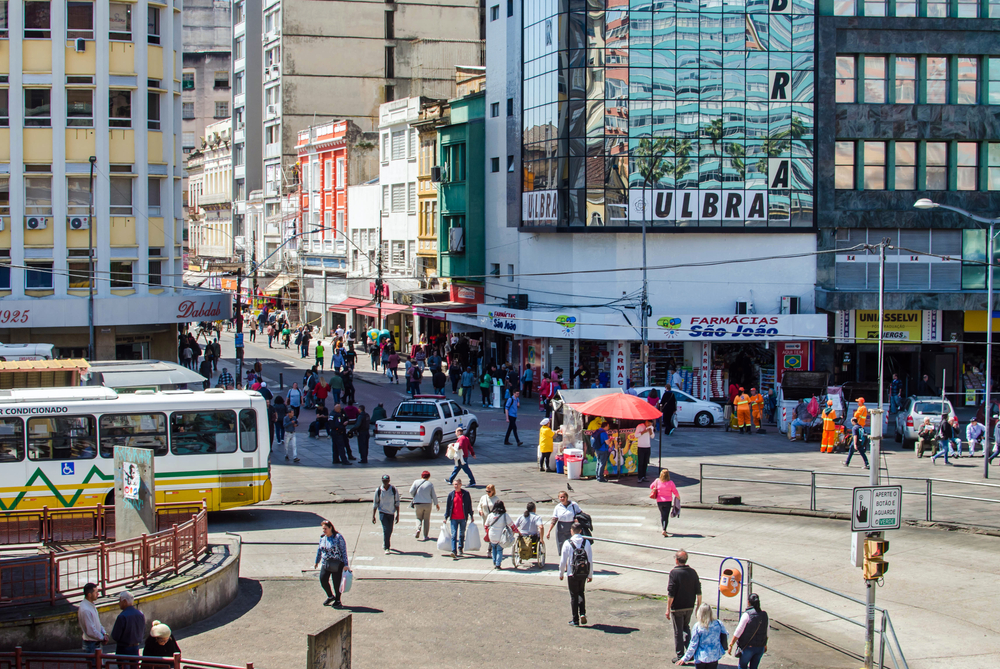In October 2023, Brazil experienced a record increase in business defaults, with Serasa Experian reporting that 6.64 million companies missed debt payments.
This marked a substantial increase from previous years. Comparing year-on-year, defaults grew by 4.79%.
The jump was even more pronounced in comparison with October 2019, with a 10.49% increase. This trend of escalating defaults began in May 2023.
Businesses accumulated debts of R$ 125.8 billion (about $25.78 billion at a 4.88 exchange rate). Each company, on average, owed R$ 18,957 (roughly $3,884).
Small businesses were the hardest hit, with 5.92 million defaulting in October. They accounted for 89.1% of all defaults.
Small businesses are vital to Brazil’s employment, generating 69.5% of jobs. These include micro, small, and medium enterprises, forming 94% of Brazil’s business landscape.
Economist Luiz Rabi from Serasa Experian connects these defaults to broader economic issues. He cites high interest rates and rising defaults as key factors.

These conditions weaken consumer purchasing power and reduce business clientele. They also make debt repayment tougher for companies.
Rabi doesn’t foresee a decrease in defaults soon. Yet, he expects stabilization and a gradual decline from the second quarter of 2024.
The Selic rate, set at 12.25% annually since September 2023, is predicted to drop to 11.75% by year’s end and further to between 10% and 9% by late 2024.
The service sector faced the most defaults
November’s inflation showed a slight increase of 0.33%. This rate was below the previous year’s figure for the same month.
Rabi points out that defaults typically trail behind economic cycles. He believes sustained low inflation and reduced interest rates are needed for improvement.
The service sector faced the most defaults, with a record 3.62 million companies struggling.
While commerce and industry sectors fared better, their default levels stayed below pre-pandemic figures.
Rabi observes that commerce and industry, with more investment in machinery and infrastructure, are inherently more stable.
In contrast, the service sector, with lower initial investments, is more susceptible to financial instability.
The report also notes that public banks are the leading lenders to small businesses. This is part of President Luiz Inácio Lula da Silva’s economic growth strategy.
However, Rabi cautions that excessive lending could worsen small businesses’ situations, leading to more defaults.

